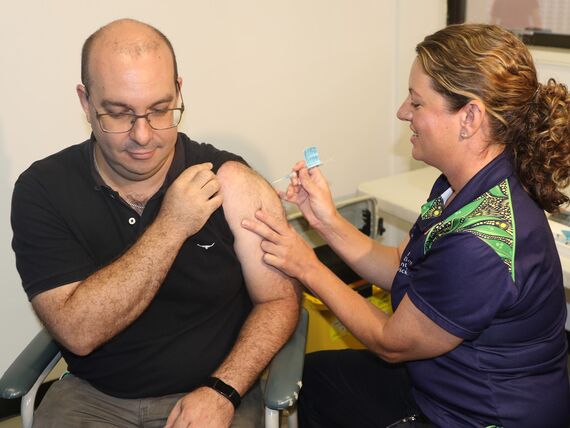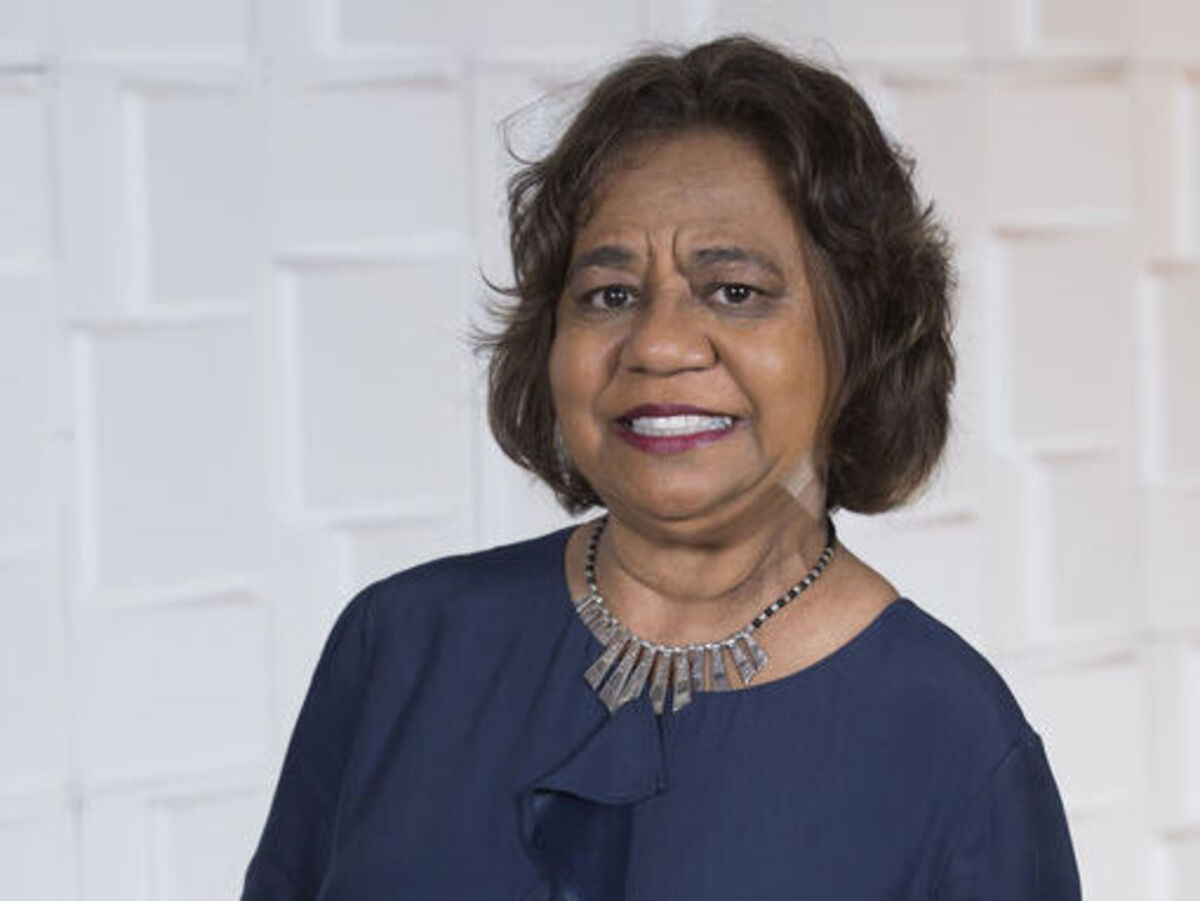
##MainPoints##
Henrietta Marrie's intellect, inner resolve and fight for fairness has taken her from the old Yarrabah mission to the world, including several United Nations postings and Silicon Valley, where she rubbed shoulders with the super wealthy.
Now the eminent academic and Yindinji elder's extraordinary story is about to hit the big screen.
A biopic detailing Professor Marrie’s extensive and globally-renowned human rights work will be explored in the context of her fight to have her Great Grandfather’s shell regalia returned to her family.
Ye-i-nie’s adornments are currently housed in the British Museum in what Professor Marrie has described as evidence of institutionalised racism.
Her Gimuy Walubara clan regards the cultural importance of the regalia as akin to royal jewels.
Co-writer and producer of the documentary, Julie Nihill, told Tropic Now Professor Marrie’s own personal battle to repatriate the adornments is reflected in her life’s work as a social justice warrior, which the documentary will capture.
##ArticleBannerAd##
“The shell regalia is the metaphor, which by the way is not even on display in the British Museum – it’s in the basement,” she said.
“The regalia connects to the importance of Henrietta’s leadership and service to others in how she’s prepared the world to understand that Indigenous people should have control over their lives, including their own cultural property.
“What Henrietta has done on the global stage for Indigenous people is breathtaking – she was the first Indigenous person to have a seat at the United Nations table and she used it.
“She sees what needs to be done and does it.”
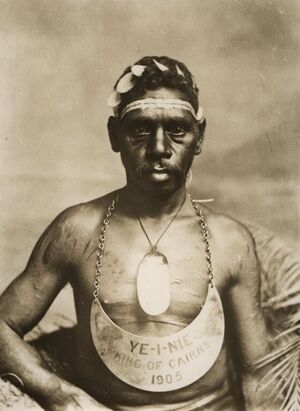
The documentary will be titled Bukal Bukal, Professor Marrie’s language name.
Fittingly, it comes from the Gimuy Walubara word for black lawyer vine, which is revered by her clan for being able to survive cyclones.
Bukal is also the title of a play featuring Professor Marrie's life, which the JUTE Theature Company debuted in 2018.
The biopic project is already attracting plenty of supporters through both financial backing and personal endorsements.
Among those championing the documentary is Victorian MP Bruce Atkinson.
“Henrietta has broken down barriers and effected positive change through her lifelong work, promoting a greater understanding of the Aboriginal culture and working to highlight and eliminate racism,” he said.
“She has been a trailblazer for Indigenous nations throughout the world.
"Bukal Bukal will capture some of Henrietta’s amazing life as a prominent human rights activist, professor and proponent of positive change in an Australia that has yet to fully understand and appreciate the rich heritage and achievements of our First Nations people.”
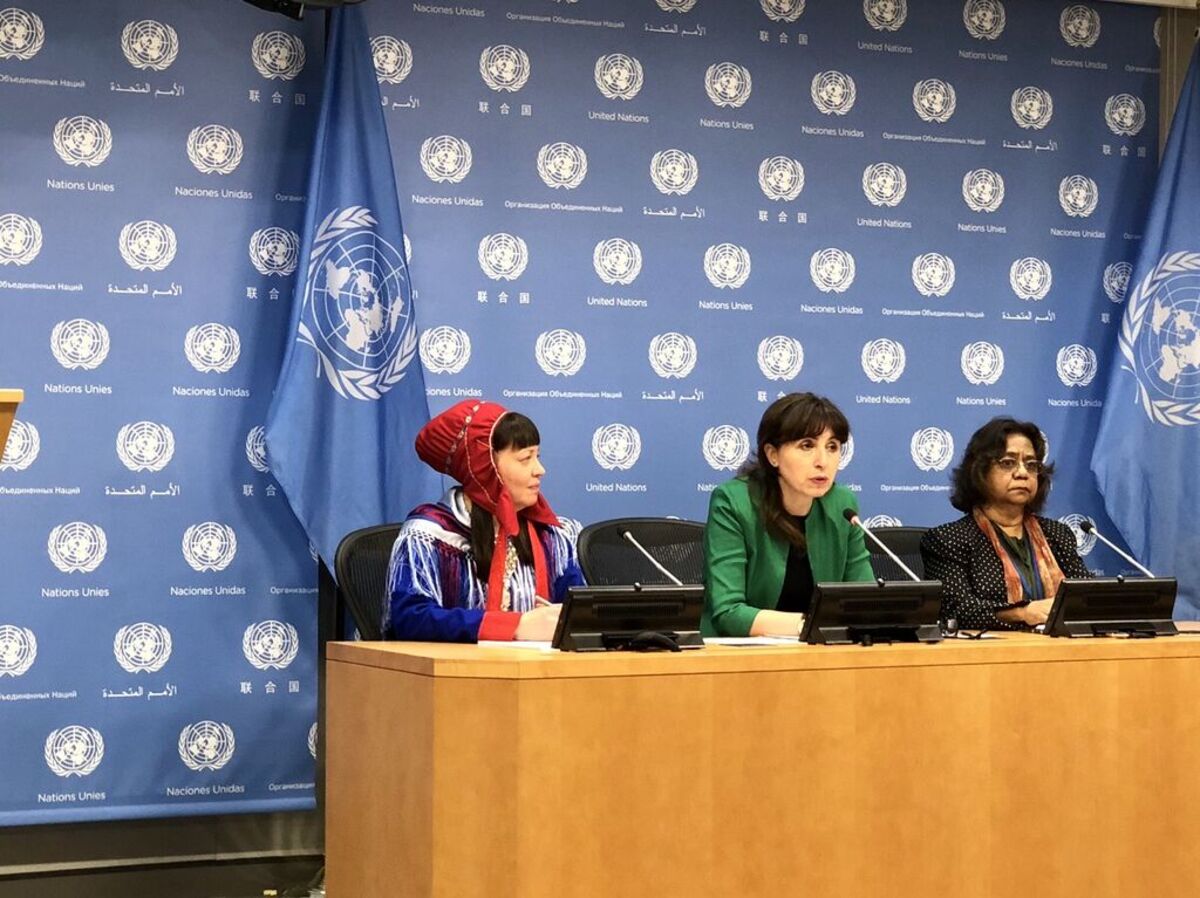
The film will be directed by arts executive Rhoda Roberts AO, a Widjubul woman from the Bundjalung nation in northern New South Wales.
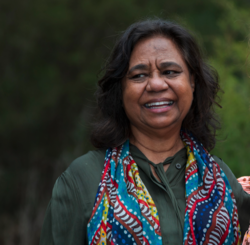
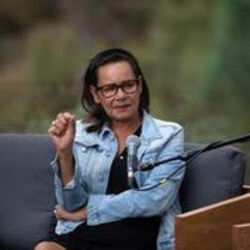
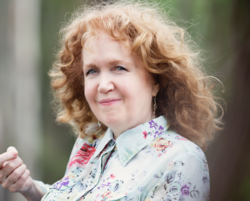
Producer and writer Julie Nihill is not Aboriginal and told Tropic Now she at first had reservations about leading the project.
“I said to Henrietta I will do this but maybe an Aboriginal person should be doing it,” Ms Nihill recounted.
##ArticlePullQuote##
“Henrietta is very much about that.”
The documentary team has already scouted locations in and around Cairns and conducted pre-interviews with the aim of shooting later this year.
Screen Australia is onboard and about half the total budget amount of $1.2-million will be secured through philanthropic sources.
“It’s already looking very good,” Ms Nihill said.
“People want a way forward and Henrietta provides that.”
You can support Bukal Bukal through the Documentary Australia website.
Henrietta Marrie is currently an Honorary Professor with the Queensland Alliance for Agriculture and Food Innovation at Queensland University.
To view a list of her other positions and notable achievements, click here.
Main points
- A biopic will explore the life of Gimuy Walubara Yindinji woman Henrietta Marrie AM
- It will also focus on her fight to repatriate the shell adornments that belonged to her Great Grandfather
- The regalia, regarded as akin to royal jewels, is housed at the British Museum



